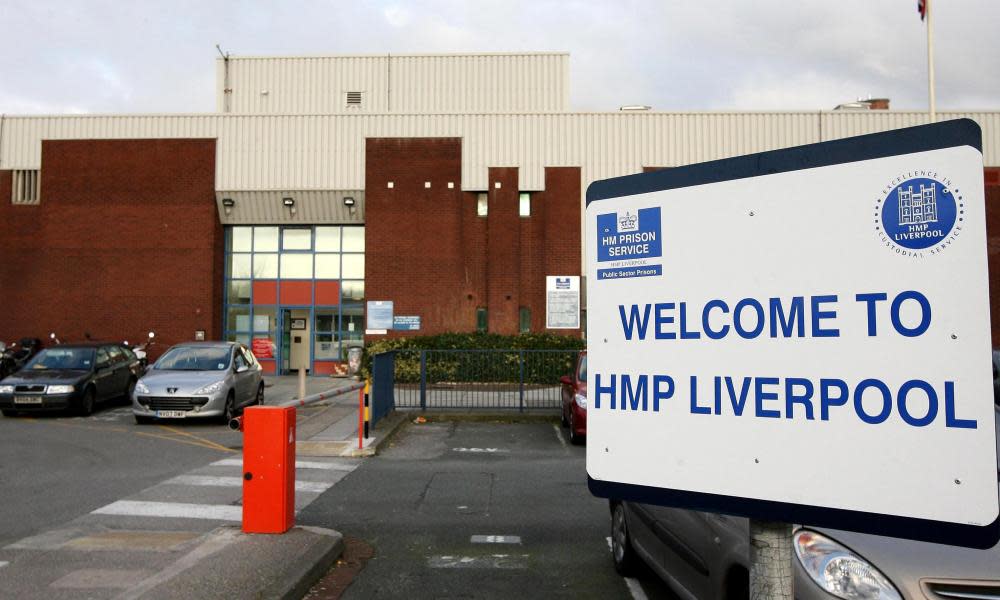Liverpool prison is a symbol of our broken system. Send the inmates home

Prisons are Britain’s dirty little secret. Hospitals may be overcrowded, roads congested, teachers exhausted and students offended. These woes pale against the disgrace that is Britain’s prisons. The news that two long-serving workers at Liverpool jail have been sacked for complaining about conditions caps a litany of dire inspections of this establishment. The workers, of 20 years’ service, were sacked by the private contractor, Amey, for “whistleblowing” to the governor, with “the potential of being incredibly damaging to the firm’s reputation”.
So now we know. The repute of a private company matters more than the repute of the prison service.
It is not essential to lock men and women in physical and psychological isolation to make society safer
Liverpool’s jail has long been regarded as the most shocking and squalid in the country. In January it was declared “the worst inspectors had seen”, with rats, cockroaches, blocked toilets and pools of urine. Its suicide rate was the country’s highest, its psychiatric care severely deficient. Against a standard of one prison officer to 30 inmates, it had, at times, one to 100. Its budget had fallen by 17% over seven years. It is clearly unfit for purpose.
I have visited prisons and make a practice of reading prison reports. They are a salutary corrective to other more vocal lobbies across the public sector. From drug addiction to violence, mental health and the collapse of rehabilitation, nowhere else in the welfare state so fails its customers – who are not just prisoners but the community into which they are released.
The Dutch prison service too is close to collapse – from the opposite ailment, underuse. Since a switch to non-custodial sentences for non-violent prisoners, a dozen prisons have been closed and others rented out to Norway and Belgium. In the Netherlands, imprisonment’s bluff has been called. It is not essential to lock men and women in physical and psychological isolation to make society safer. It merely panders to an atavistic public yearning for a peculiarly devastating form of revenge.
This pandering has driven Britain’s prison population to an all-time high of almost 100,000, surging under Tony Blair and David Cameron to double what it was when Thatcher was in power. Meanwhile prison budgets have been slashed by 22% since 2008, severely worsening prison upkeep, staffing, cell overcrowding and rehabilitation.
There is just one simple solution. Do not send so many people to jail merely “to pay their debt to society”. Experts reckon no more than a fifth of prisoners need to be incarcerated for public protection. Other European countries have found punishments less destructive of the individual and less expensive to society – without experience social collapse. In other words, Liverpool jail should be closed and most of its prisoners sent home.
• Simon Jenkins is a Guardian columnist

 Yahoo News
Yahoo News 
